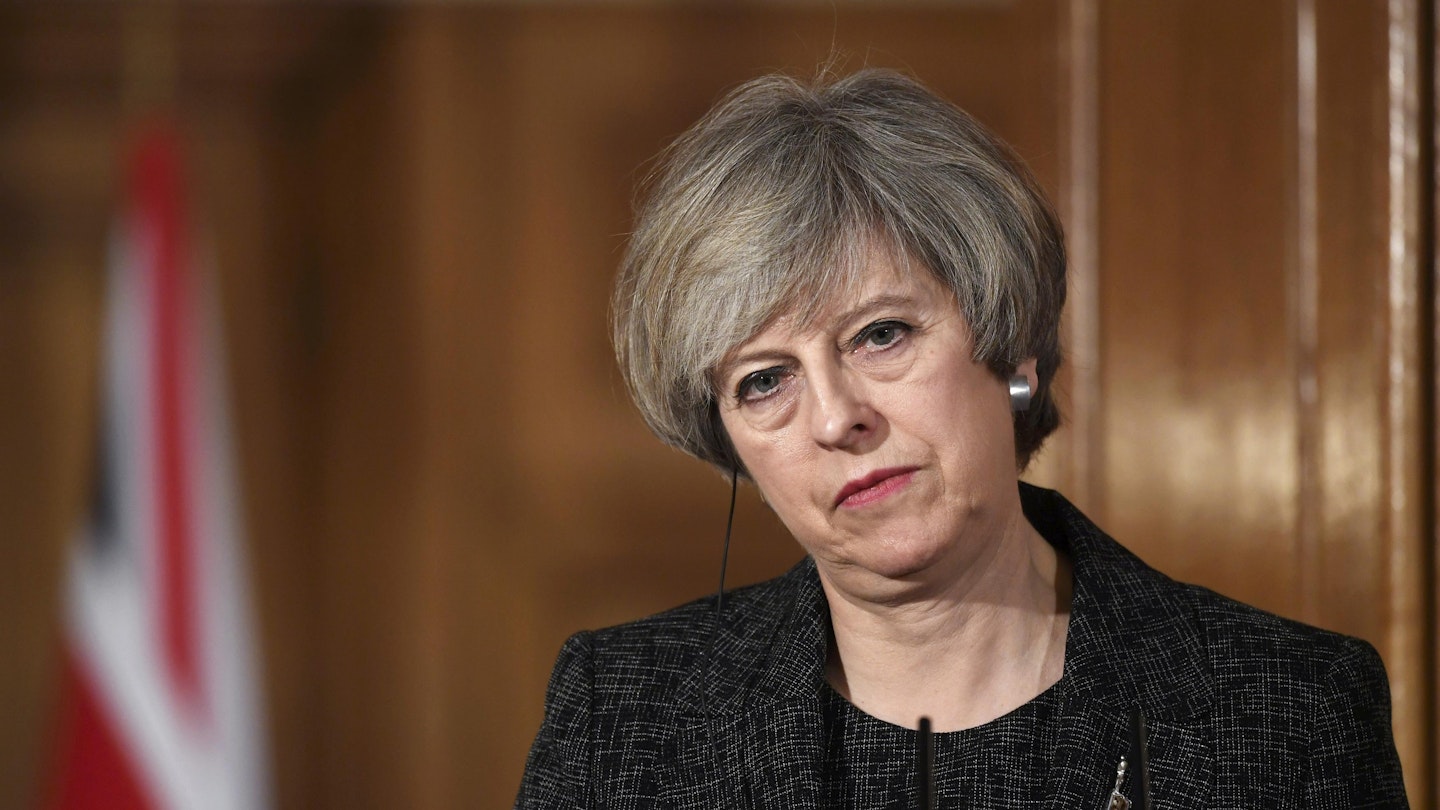Yesterday, Theresa May pulled the Commons’ meaningful vote on Brexit, where your MP, regardless of party affiliation, had a chance to vote either for or against her Brexit deal. Today, there will be a vote held on her leadership, in which she will ‘give everything I’ve got’ in the face of her own party members’ opportunity to either keep her in role for at least another year, or get rid of her immediately.
How did we get here in 24 hours? Well, a confidence vote - where MPs from a party, in this case the Conservatives, get to vote on their leader’s fate, is triggered when 15% of Tory MPs send a letter requesting the vote to Graham Brady, chair of the 1922 Committee. Because May has a minority government of just 315 MPs, the threshold was 48 MPs, and this was reached late last night.
Tonight at 8pm, there will be a secret ballot of confidence into May, which many analysts are suggesting is essentially a vote on the Brexit deal. According to betting shops, May is likely to stay at 1/4. But if she doesn’t, here are the top four favourites to become next Prime Minister, which might be worth bearing in mind even if she wins tonight. If the victory is down to a tiny majority, her leadership will carry on, just on very shaky ground.
Boris Johnson
Currently favourite to replace May, he and has written for The Spectator about how his weight loss of 12lb in two weeks has prepared him for the role.
Having overindulged in ‘delicious late-night binges of chorizo and cheese’ his weight rose to 16 and a half stone, he said. He is now on course to be 'less than 15 stone by Christmas - for the first time since University.' He will celebrate this, he says, alongside May's Brexit deal being scrapped.
He also compared his own weight loss, which, along with a haircut is a surefire sign he’s readying himself for a new leadership bid, with the preparations the UK must do ahead of leaving the EU. He did this by calling the UK’s inability to deal with its obesity crisis a ‘a moral inertia that exactly corresponds to the political inertia of the British ruling class.’
‘We know that we have to make certain changes if we are to leave the EU. We know that we have to get ready — to be lighter on our feet and more agile.’
Jeremy Corbyn
The leader of the Labour party has long been calling for a general election to fix the Brexit issue. He today asked May if she would hold a 'meaningful vote' for MPs to yay or nay her deal, and she said the meaningful vote was the referendum. Labour's party line, regardless, is to push Brexit through, just not May’s rendition of it.
Sajid Javid
The Home Secretary also writes in this week’s Spectator about his plans for leadership. Despite recently drawing much criticism for calling the Huddersfield grooming gang 'Sick Asian paedophiles', he has put a focus on social mobility. ‘That’s what I want the party to be seen as: promoting how politicians — or the right politicians — can make a real difference to you as an individual in your life.
‘I want Britain to be that kind of opportunity society where the government is your friend, working with you, enabling. Rather than holding you back, intentionally or not’
He also said that Downing Street had previously vetoed his idea of building more houses, implying that if he were in power, he’d set about getting more houses built.
Dominic Raab
The ex Brexit Secretary, who has teamed up with David Davis (another former Brexit Secretary) and leader of the DUP (that’s the northern Irish party propping up May’s majority in the Commons), Arlene Foster, to launch a campaign for a Better Deal for Brexit
Raab is on record saying that ‘Feminists are now amongst the most obnoxious bigots’ because they weren’t ‘taking a consistent approach to equality’. He's also not so keen on workers rights, saying in 2011 that there is a ‘burden of employment regulation’ holding the UK back.
Jess Phillips, Labour MP has tweeted that there is an NDA which Raab and Davis are involved in.
And according to Buzzfeed, the NDA was made before Raab was an MP, in 2007, when he was David Davis’s chief of staff. The agreement was a ‘compromise agreement’ between them and a woman. In 2011, Raab’s solicitor wrote to the woman saying that if she breached the terms of the agreement, she would ‘be required to repay the sum [she was] paid in consideration for the confidentiality obligations’.
